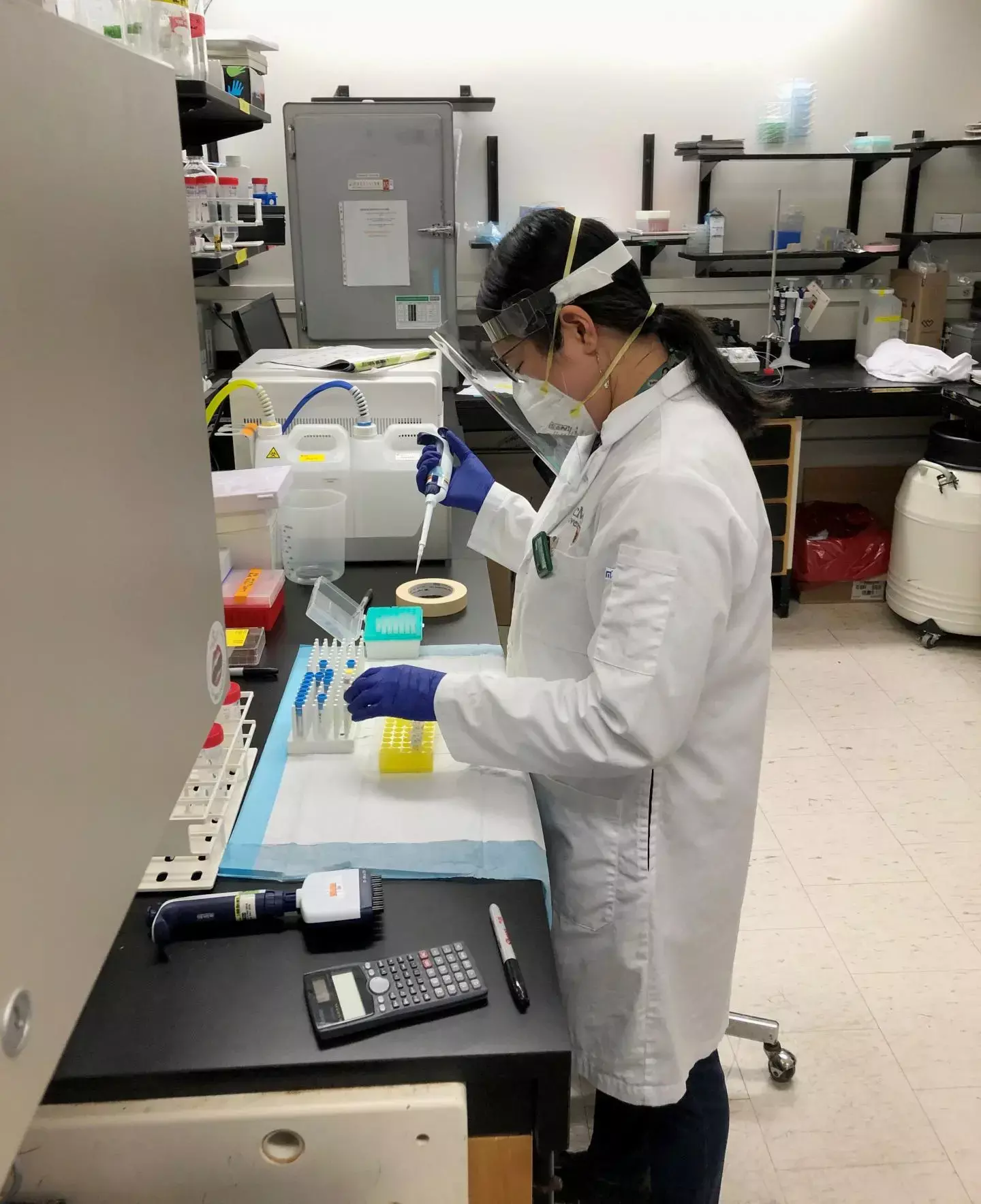- Home
- Medical news & Guidelines
- Anesthesiology
- Cardiology and CTVS
- Critical Care
- Dentistry
- Dermatology
- Diabetes and Endocrinology
- ENT
- Gastroenterology
- Medicine
- Nephrology
- Neurology
- Obstretics-Gynaecology
- Oncology
- Ophthalmology
- Orthopaedics
- Pediatrics-Neonatology
- Psychiatry
- Pulmonology
- Radiology
- Surgery
- Urology
- Laboratory Medicine
- Diet
- Nursing
- Paramedical
- Physiotherapy
- Health news
- Fact Check
- Bone Health Fact Check
- Brain Health Fact Check
- Cancer Related Fact Check
- Child Care Fact Check
- Dental and oral health fact check
- Diabetes and metabolic health fact check
- Diet and Nutrition Fact Check
- Eye and ENT Care Fact Check
- Fitness fact check
- Gut health fact check
- Heart health fact check
- Kidney health fact check
- Medical education fact check
- Men's health fact check
- Respiratory fact check
- Skin and hair care fact check
- Vaccine and Immunization fact check
- Women's health fact check
- AYUSH
- State News
- Andaman and Nicobar Islands
- Andhra Pradesh
- Arunachal Pradesh
- Assam
- Bihar
- Chandigarh
- Chattisgarh
- Dadra and Nagar Haveli
- Daman and Diu
- Delhi
- Goa
- Gujarat
- Haryana
- Himachal Pradesh
- Jammu & Kashmir
- Jharkhand
- Karnataka
- Kerala
- Ladakh
- Lakshadweep
- Madhya Pradesh
- Maharashtra
- Manipur
- Meghalaya
- Mizoram
- Nagaland
- Odisha
- Puducherry
- Punjab
- Rajasthan
- Sikkim
- Tamil Nadu
- Telangana
- Tripura
- Uttar Pradesh
- Uttrakhand
- West Bengal
- Medical Education
- Industry
High doses of immunoglobulin may help combat COVID-19 vaccine-induced clots: NEJM

Angela Huynh, PhD working in the McMaster Platelet Immunology Laboratory
CREDIT
McMaster University
It has been found that vaccine-induced immune thrombotic thrombocytopenia (VITT) is a rare side effect of adenoviral vector vaccines against Covid-19.
Scientists at McMaster University have demonstrated a new lifesaving treatment for people suffering from vaccine-related blood clots. They are recommending two treatments, a combination of anti-clotting drugs with high doses of intravenous immunoglobulin, to combat vaccine-induced immune thrombotic thrombocytopenia (VITT).
The study has been published by The New England Journal of Medicine.
The treatment's effectiveness was described in a report describing three Canadian patients who received the AstraZeneca vaccine, and who subsequently developed VITT. Two suffered clotting in their legs and the third had clots blocking arteries and veins inside their brain.
"If you were a patient with VITT, I'd be telling you we know of a treatment approach. We can diagnose it accurately with our tests, treat it and we know exactly how the treatment works," said Ishac Nazy, scientific director of the lab and associate professor of medicine.
"Our job is to understand this disease mechanism so we can improve diagnosis and patient management. This study brings together successful lab diagnostics and patient care. It's a true translational medicine approach, which is really our forte, bench-side to bedside."
VITT occurs when antibodies attack a blood protein, called platelet factor 4 (PF4), which results in activation of platelets in the blood, causing them to clump together and form clots. Blood samples taken from the patients after treatment showed reduced antibody-mediated platelet activation in all cases.
While the study patients were older, many VITT cases have affected younger people. However, Nazy and his MPIL colleagues said VITT is a rare disorder, regardless of people's age.
The lab's scientists include professors of medicine Donald Arnold and John Kelton and professor of pathology and molecular medicine Ted Warkentin. Together they devised an effective VITT test and treatment by building on their previous investigations of heparin-induced thrombocytopaenia (HIT).
While the two conditions are similar, using a standard HIT antibody test to detect VITT can yield false negative results.
This led the scientists to modify the HIT test to detect VITT-specific antibodies that are found, albeit rarely, in patients who had a COVID-19 vaccine.
Subsequent lab tests on patient blood samples showed how high doses of immunoglobulin coupled with blood-thinner medications shut down platelet activation and stopped clot formation.
"We now understand the mechanism that leads to platelet activation and clotting," said Nazy.
Therefore use of high-dose intravenous immune globulin (IVIG) plus anticoagulation is recommended for the treatment of Covid-19 vaccine-induced
Dr Kartikeya Kohli is an Internal Medicine Consultant at Sitaram Bhartia Hospital in Delhi with super speciality training in Nephrology. He has worked with various eminent hospitals like Indraprastha Apollo Hospital, Sir Gangaram Hospital. He holds an MBBS from Kasturba Medical College Manipal, DNB Internal Medicine, Post Graduate Diploma in Clinical Research and Business Development, Fellow DNB Nephrology, MRCP and ECFMG Certification. He has been closely associated with India Medical Association South Delhi Branch and Delhi Medical Association and has been organising continuing medical education programs on their behalf from time to time. Further he has been contributing medical articles for their newsletters as well. He is also associated with electronic media and TV for conduction and presentation of health programs. He has been associated with Medical Dialogues for last 3 years and contributing articles on regular basis.
Dr Kamal Kant Kohli-MBBS, DTCD- a chest specialist with more than 30 years of practice and a flair for writing clinical articles, Dr Kamal Kant Kohli joined Medical Dialogues as a Chief Editor of Medical News. Besides writing articles, as an editor, he proofreads and verifies all the medical content published on Medical Dialogues including those coming from journals, studies,medical conferences,guidelines etc. Email: drkohli@medicaldialogues.in. Contact no. 011-43720751


